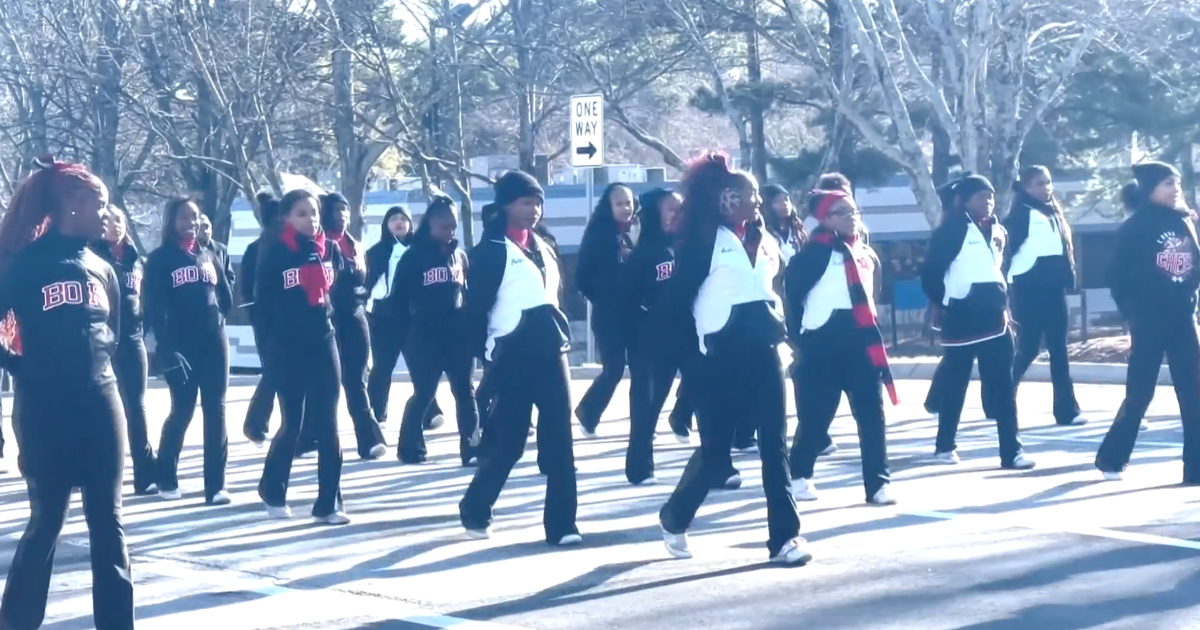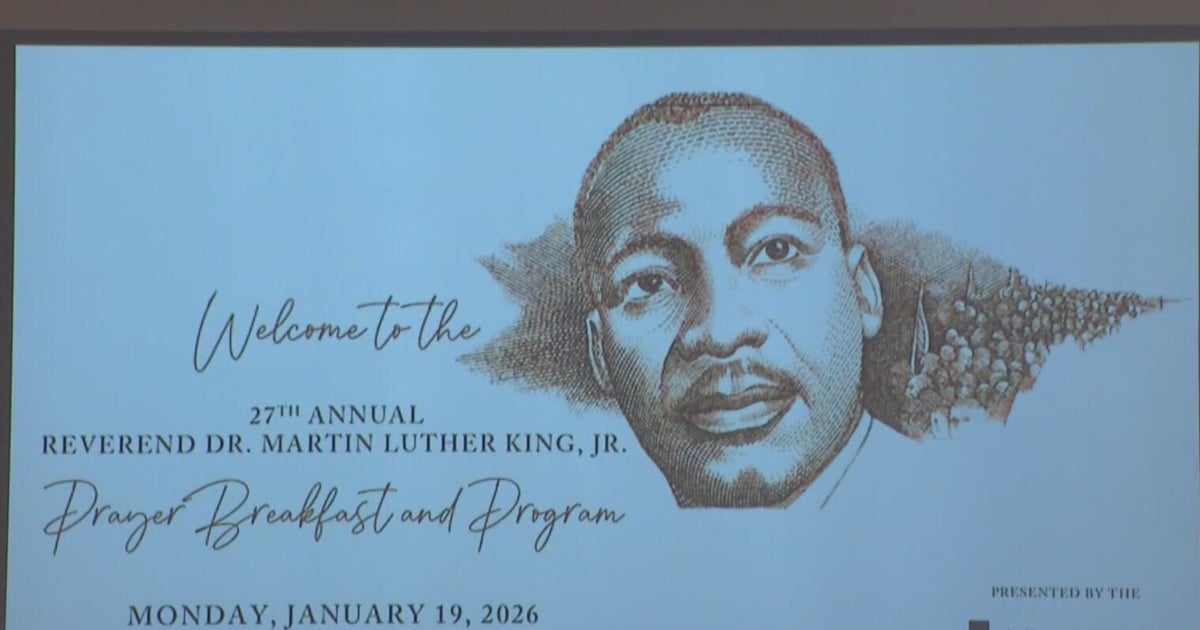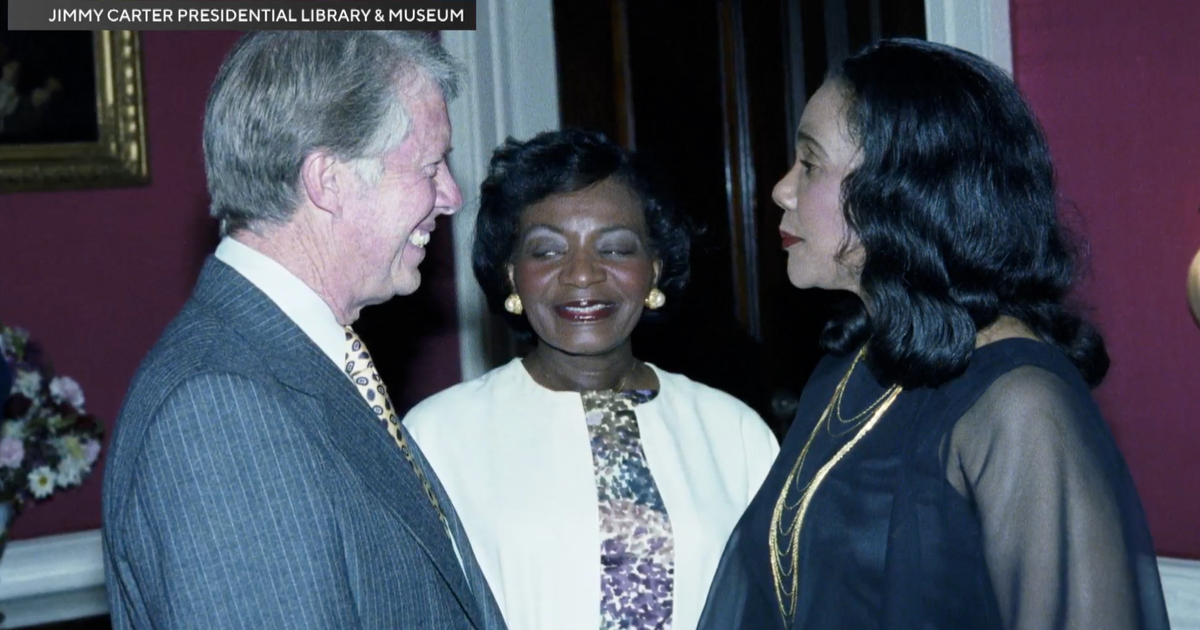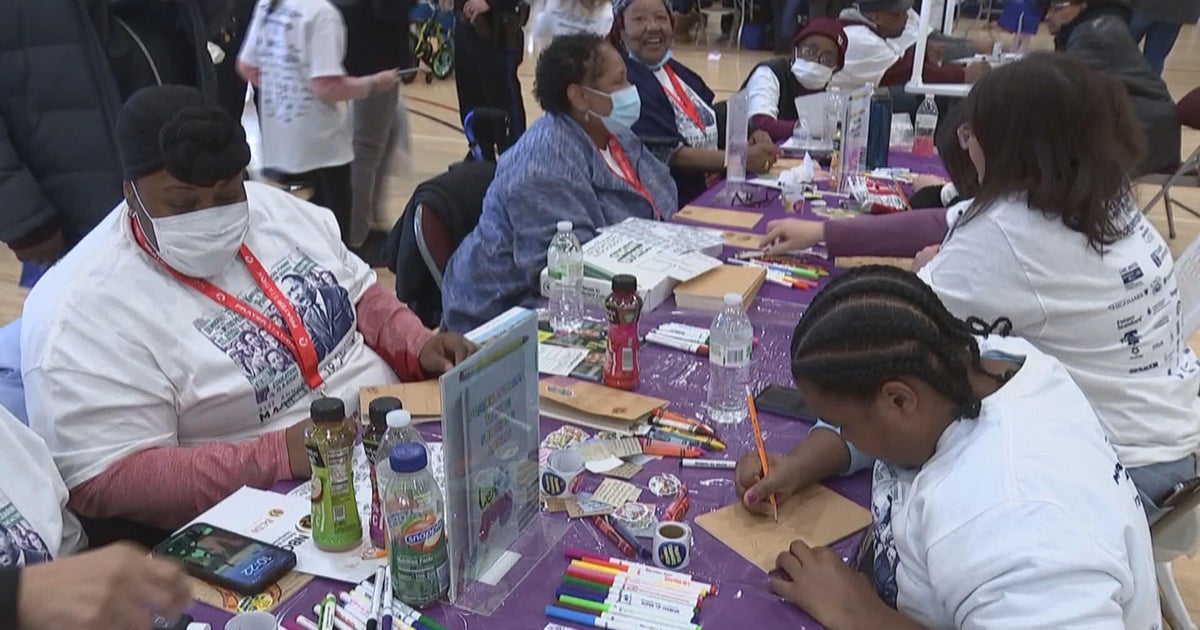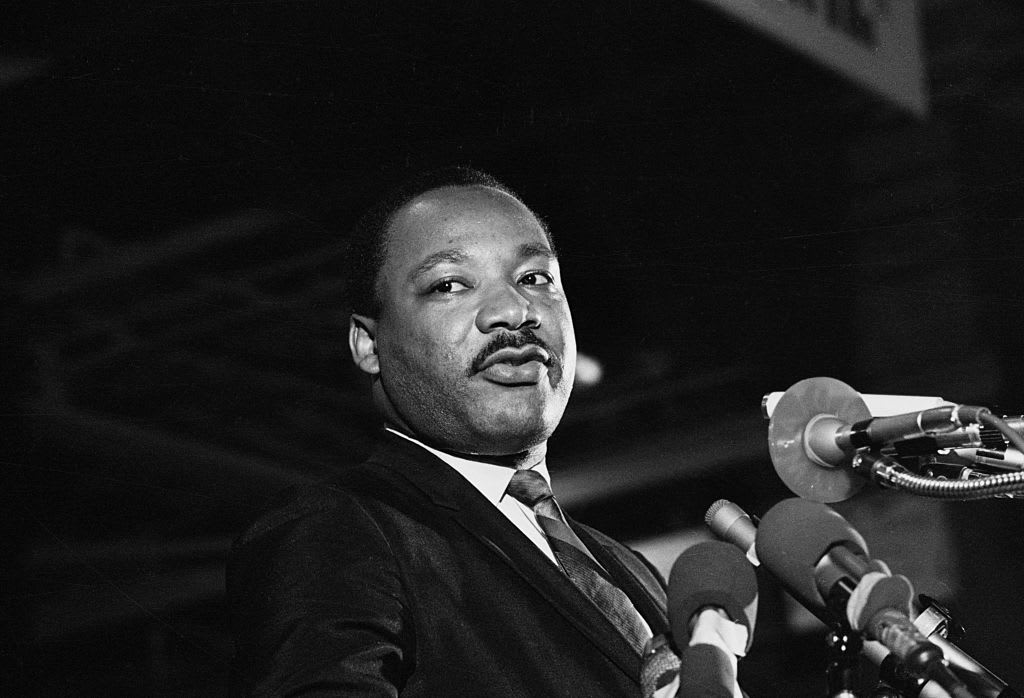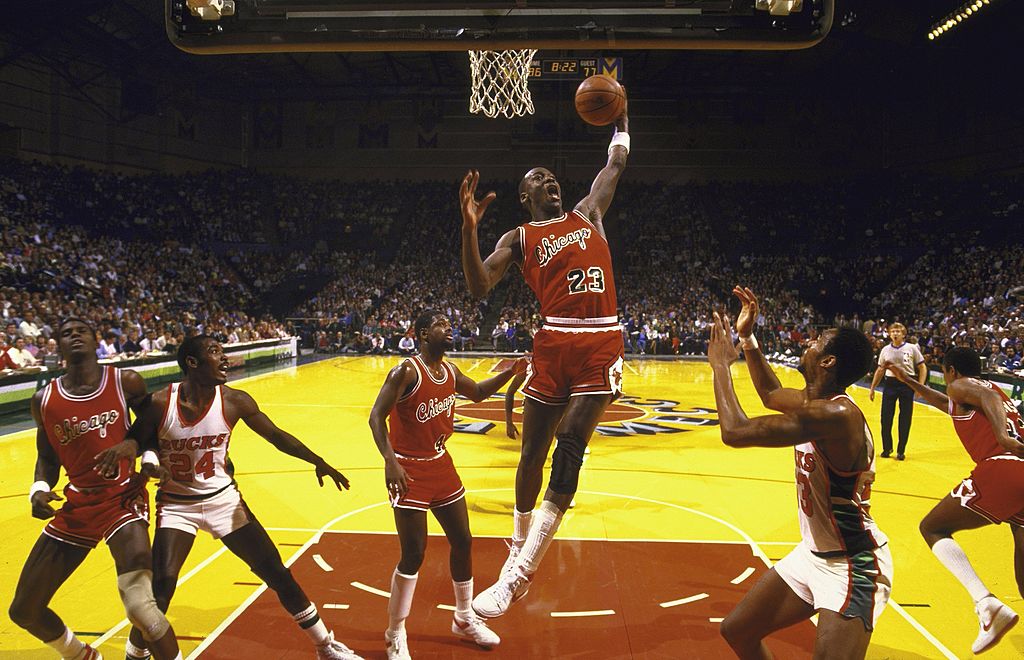Martin Luther King Jr.'s homes to be preserved by National Park Service
The descendants of the Revered Dr. Martin Luther King Jr. have held down the homestead where he was born for generations. Now they are entrusting the birthplace of the civil rights icon to the National Park Service thanks to the once-anonymous donor Robert F. Smith.
"My mother, you know, took me to the March on Washington at six months old. Of course I don't remember any of it, but I remember the everyday of our growing up and the lessons her and my father brought into the home," Smith said.
He first toured the King home a few months ago.
"I'll tell you what struck me was actually the dining room table. The dynamic of family together … and that's a chance where the families can interact and engage and talk about topics that are relevant to us as people," he said
CBS News' Michelle Miller was lucky enough to experience a rare, multi-generational family reunion in the very same room with members of the King family along with Smith. They said the whole family sat at that dinner table every night as a matter of tradition.
"This was an opportunity to talk as children and even ask questions and that was just unheard of at that time," said Bernice King, his youngest daughter.
The house purchase was made through contributions from the Fund II Foundation, which Smith founded. The organization has donated more than $40 million to preserve African-American culture through the National Parks, which includes buying the homes of Frederick Douglass, Harriet Tubman and Booker T. Washington.
Smith also personally gifted $20 million to the National Museum of African American History and Culture in Washington, D.C. He's on a mission.
"I truly am. I think a big part of that mission is to educate the world as to what African Americans have contributed in America and educate Americans as to what our contributions have led to and so many great things that make America the unique place it is on the planet," Smith said.
The Park Service will not only preserve two of King's former Atlanta homes, it will record and share family memories, including contributions from his family.
"This is one thing I tell young people. Dr. King was a C-student at Morehouse. He got a C in public speaking, he got a C in preaching. That grows you. It tells you that you don't allow grades and people's judgments even to define who you are and what you're going to contribute to this world and he just continued to push forward and did not let it discourage him," Bernice King said.
"He really wasn't puffed up. He wasn't socially awkward. He was unpretentious, honest and plain," said Angela Farris Watkins, King's niece.
Though the King family agrees handing over their ancestral home was the right thing to do, actually doing it wasn't an easy decision.
"It took me a minute because we were raised to understand ownership. I was … So I had to get into my head 'wait a minute, this is not how we need to spend our energy' because I was initially like, 'No I don't want to transfer sale of my mother's home," Bernice King said.
But Smith's contributions mean his story won't be lost.
"I mean the tangible property is important, but it's also more and more important that people know the true stories," she said.
Though the National Park Service now owns the King home, the family of Dr. King will continue to contribute to its preservation. His youngest daughter, Bernice, is combing through the personal effects from her own childhood for the effort to create a vast digital database.
